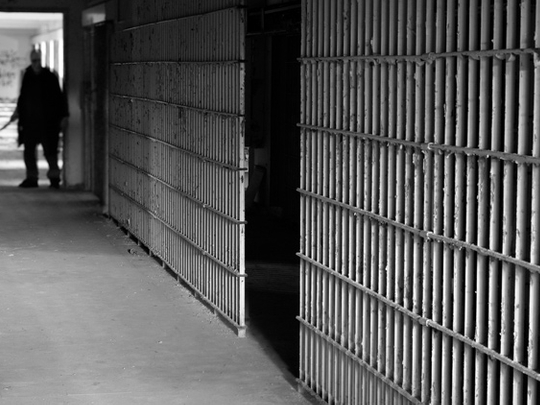
Dubai: Progress towards the abolition of executions was seen around the world last year, and the death penalty is still used by “an isolated group of countries”, a report by Amnesty International concluded.
Yet, 2012 saw some setbacks, added the report, released this morning. Some countries resumed the death penalty after not using it for some time, such as India, Japan, Pakistan and Gambia. Also, there was an alarming escalation in executions in Iraq.
“The regression we saw in some countries this year was disappointing, but it does not reverse the worldwide trend against using the death penalty. In many parts of the world, executions are becoming a thing of the past,” Salil Shetty, Secretary General of Amnesty International, was quoted as saying in a press statement.
“Only one in 10 countries in the world carries out executions. Their leaders should ask themselves why they are still applying a cruel and inhumane punishment that the rest of the world is leaving behind,” he added.
The top five executing countries in the world were once again China, Iran, Iraq, Saudi Arabia and USA, with Yemen closely behind, the report noted. China, the report believed, has “once again executed more people than the rest of the world put together, but due to the secrecy surrounding the use of the death penalty in the country it was not possible to obtain accurate figures on the use of capital punishment in China.”
In the Middle East region, the death penalty still constitutes a source of concern to human rights watchdogs. Almost 99 per cent of all executions in the region were carried out in Iran, Saudi Arabia, Iraq and Yemen saw continued high levels of executions. In Iraq, at least 129 people were put to death – almost double the 2011 figure of 68. The report noted that it was impossible to confirm whether the death penalty was used in the Syrian conflict because of the continuous bloody confrontation.
The top five are among a group of only 21 countries that were recorded as having carried out executions in 2012 – the same number as in 2011, but down from 28 countries a decade earlier in 2003.
At least 682 people were executed in 2012, compared to 680 recorded executions in 2011, while the number of people recorded as sentenced to death fell from 1,923 in 63 countries in 2011 to 1,722 in 58 countries in 2012.
Execution methods used in 2012 included hanging, beheading, firing squad and lethal injection. People faced the death penalty for a range of crimes including non-violent drug-related, economic offences, “apostasy”, “blasphemy”, and “adultery” – “acts that should not be considered crimes at all,” Amnesty said in its report, an advance copy of which was obtained by Gulf News.
“The world’s journey towards abolition of the death penalty is continuing,” the report said. “Many political and judicial figures in several countries that still apply the death penalty have come to the view that the death penalty does not serve the purpose of which it was intended, and are not advocating its abolition.”
As an example, Vietnam did not carry out any death sentences last year. While Singapore observed a moratorium on the death penalty, Mongolia ratified a key international treaty committing the country to abolition.












